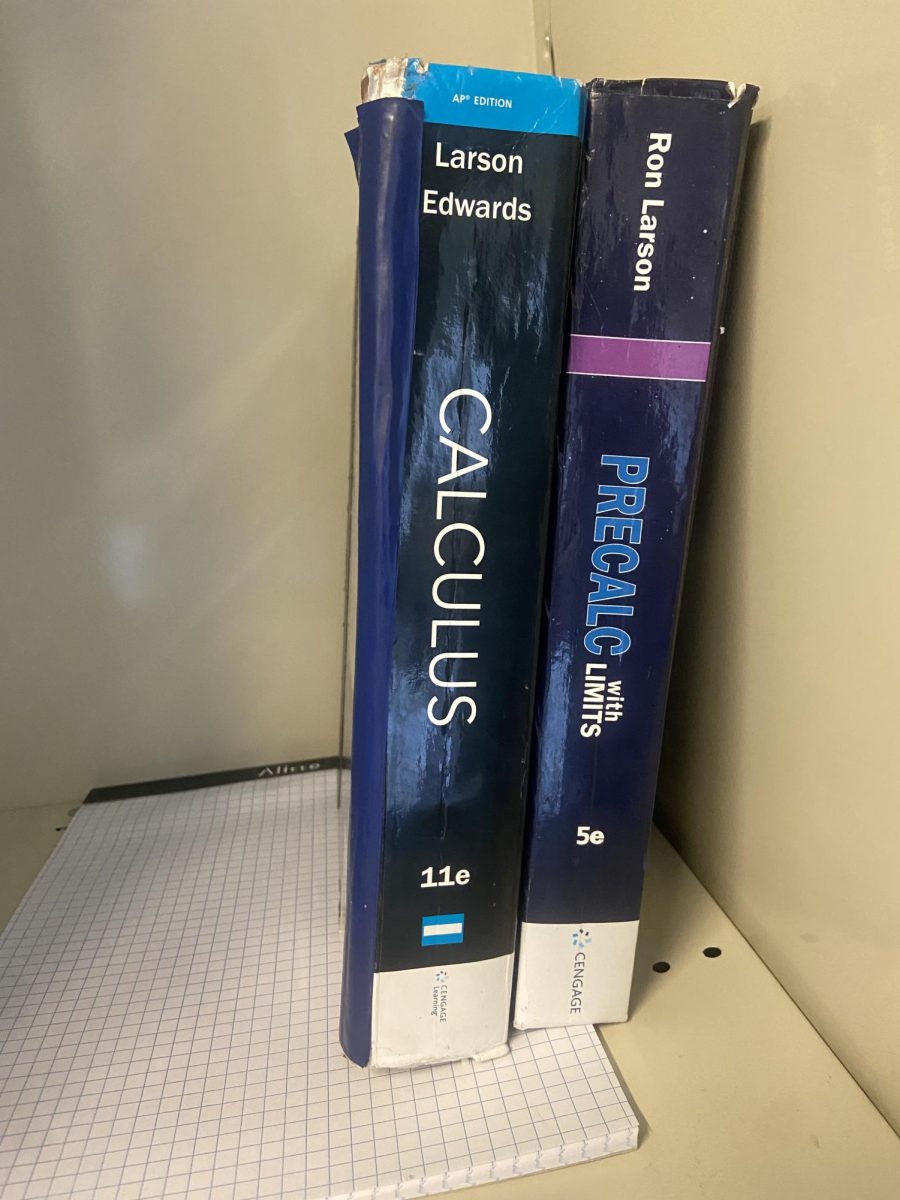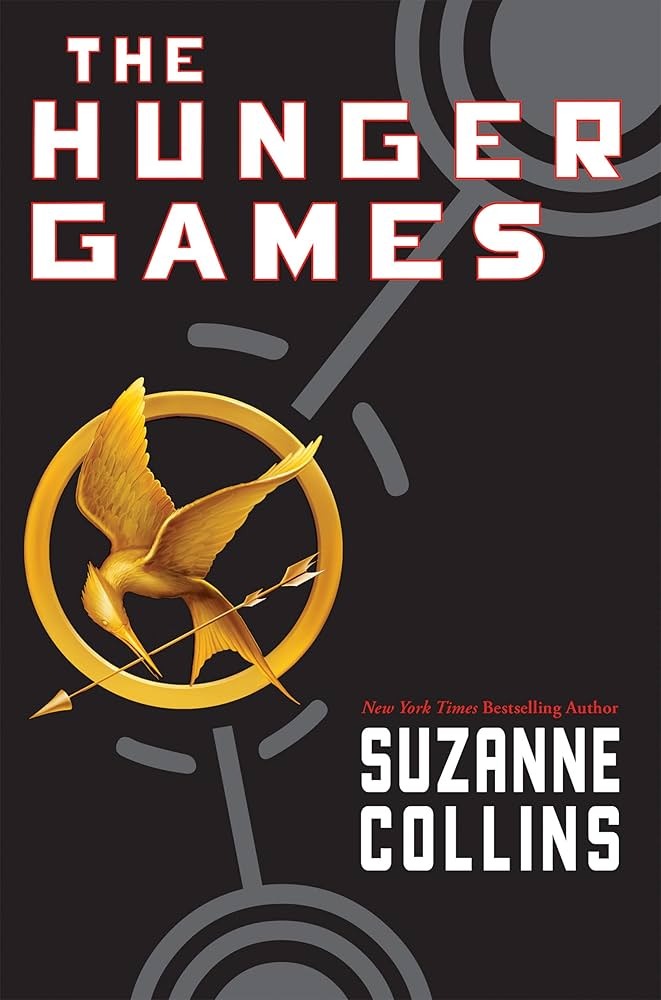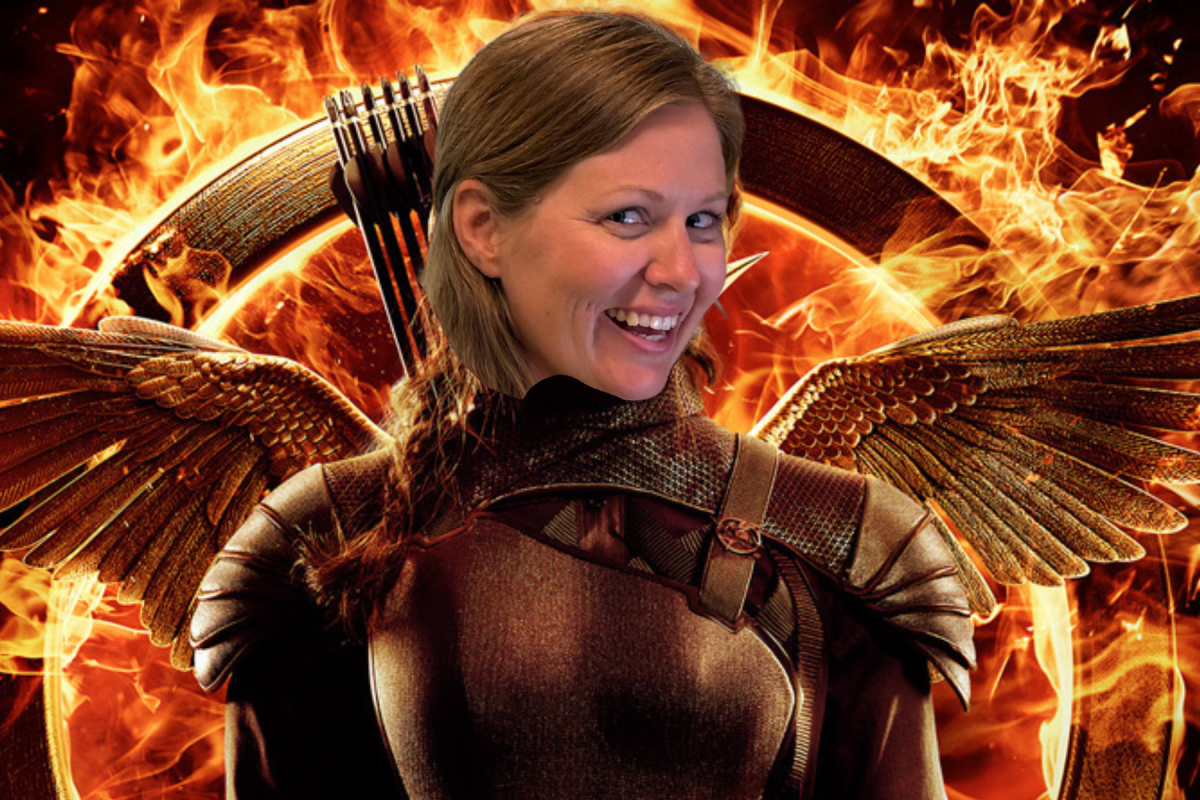Every year, students are placed into different math classes that cover a variety of math curriculum. Year after year, some of the lessons students are taught are often left behind and not used the following year.
Math is essential for critical thinking, teamwork, and problem-solving. Understanding math is key, but some classes of math students simply won’t need later in life.
Beth Rogers, a math teacher at Mount Pisgah, explains why algebra and math are important for the future.
“Ask anyone in calculus about factoring or statistics about standard deviation. They will tell you that the more fluently you can do the Algebra 1 techniques, the easier the new stuff will be. That being said, unless you have my job, you won’t need to memorize and know all the high school math forever,” said Rogers. “But no matter what you end up doing for a career, you will always need to know how to use new technology, blend in new ideas with old ones, collaborate with a team, and communicate.”
While that’s true, some units that students learn in math won’t be used in their future lives. It is likely that a history major won’t be focusing on their math classes in college, but math is embedded in technology, which is ever-evolving. a history One
“But no matter what you end up doing for a career, you will always need to know how to use new technology, blend in new ideas with old ones, collaborate with a team, and communicate,” said Rogers.
If the school’s main focus is on helping you choose your future career and preparing for college, why offer an in-depth math class for students who may not care about or need it?
Codie Edgar, a Mount Pisgah alumni and current biology and horticulture explains how math is used in her classes.
“I think the basic math I learned in high school is useful for teaching biology. Many parts of science are connected with math. We do a lot of measurements and conversions during lab experiments as well as graphing, and you learn many of those skills in your basic math classes.” said Edgar. “Other things like probabilities and statistics are commonly used in genetics and natural selection. If I hadn’t developed a solid understanding of these concepts in high school math, it would have been very challenging to turn around and teach them to other people.”
Math can be very theoretical. It can feel like some of the math that is being learned is all a what-if, like proofs and imaginary numbers. These can’t be applied to real-like situations.
However, math does help students see patterns, solve problems and think well. But if high school math has been solidified into memorization and not understanding, we have missed the whole point of learning math.
Math can be very discouraging if a student doesn’t understand it perfectly, isn’t good at understanding the concept, or lacks the grasp of creativity that math can require.
“I want students to be focused and engaged in the learning activities so that they can understand, not just do well on a test. Plus, when content is always building, you will never be fully successful if they don’t give themselves a firm foundation.” said Rogers.
While math is something that is required to be learned in high school, depending on your major in college, students might only have to take one math class their entire college career.
However, one could have hated math their entire life, but once a certain course in a specific math field is taken, they could fall in love with it and decide to major in it.









